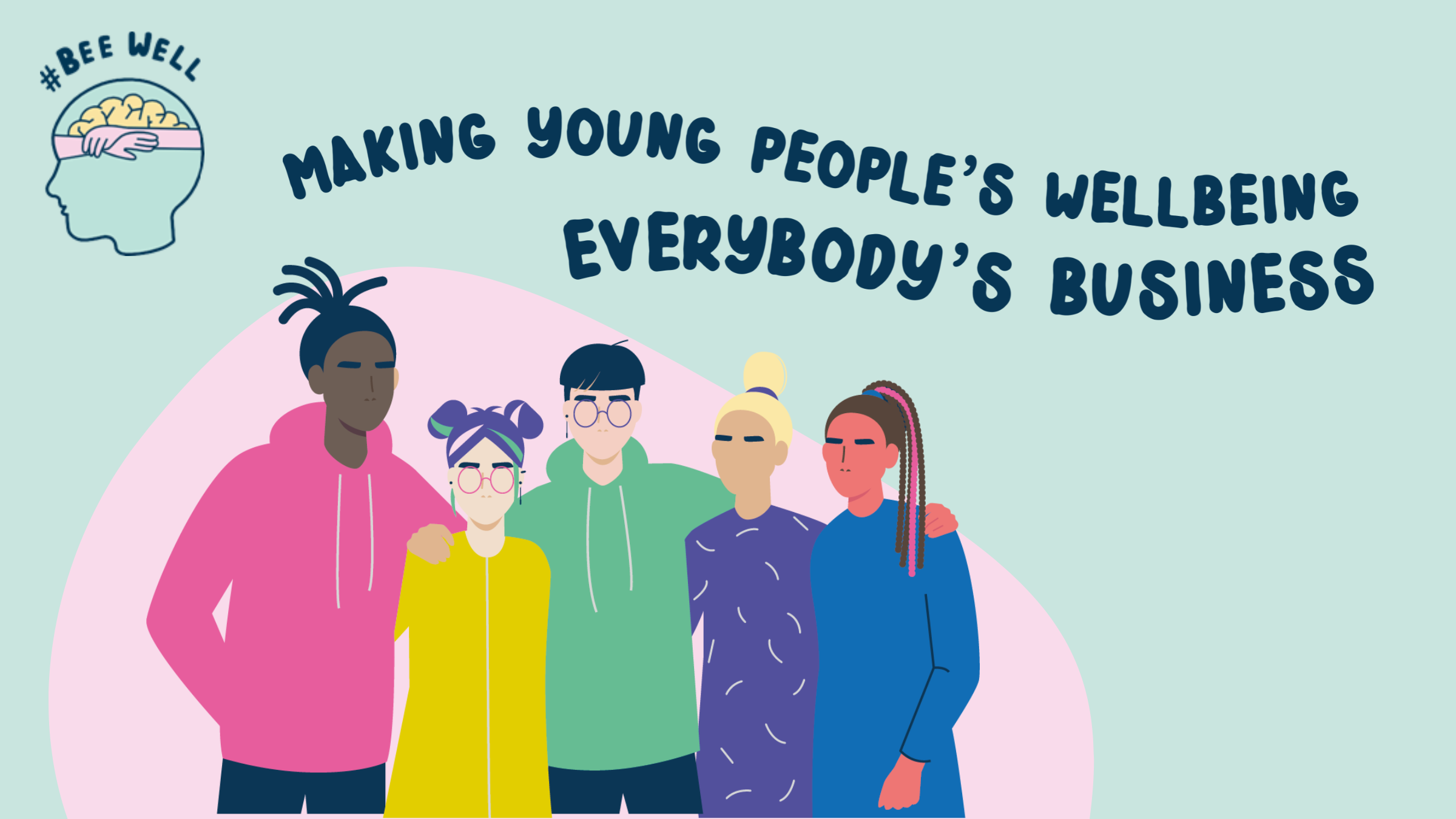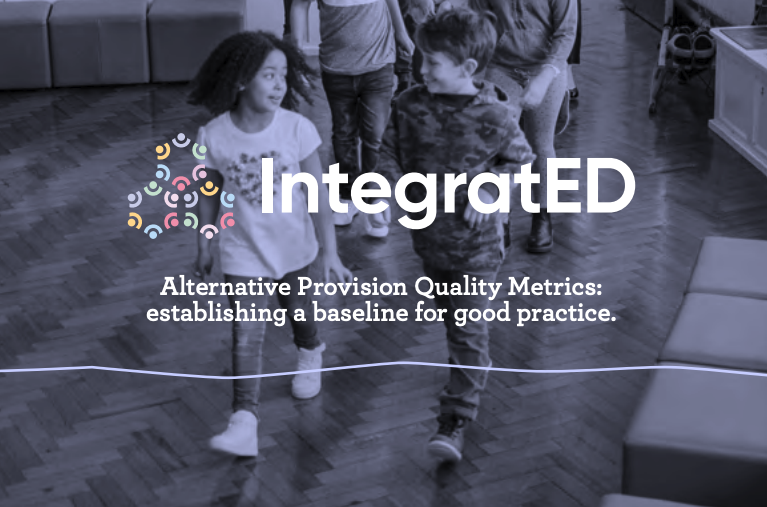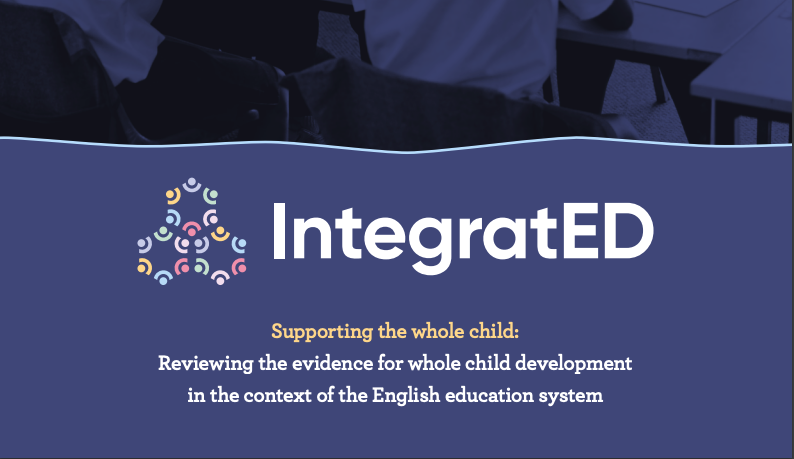
By John Ashcroft, Head of Research at the Relationships Foundation & Ben Gibbs, Head of Programmes at the Relationships Foundation
Do I know you?
The unspoken aspect of this question seems to reflect doubts about complete and authentic knowledge. Do I really know you or just some façade or avatar you present?
The spoken aspect of it - sometimes used as a put down - reflects doubt as to whether you matter to me. Being known is an affirmation of belonging, acceptance and value. Not being known is the opposite.
Both aspects of the question apply to Alternative Provision.
One thing that struck us most at the start of the IntegratEd programme was how little was known for sure about AP. We’d not worked with the sector before, and it shocked us that even the most basic information about numbers of students and providers was uncertain. What provision was good, and how students were progressing was even less clear. Partner organisations have made great strides in filling these gaps through their work in the IntegratED programme and the publication of reports, but it’s important to acknowledge where we started.
It’s not just the system as a whole that needs to be more visible and better understood either. It is also individual young people and staff.
Whether you’re young or old, if you are not known, you cannot be accepted for who you are, nor supported in ways that reflect a true understanding of your needs. The system for which there is poor data is not valued enough to merit attention.
This is why we at Relationships Foundation commissioned Dr Andy Malcolm at the University of Bedfordshire to undertake a literature review on the role of relationships in AP.
The review identifies 114 mostly small-scale qualitative studies which address relationships in AP. Although this is apparently quite a small sample, it is both representative of the general lack of robust research in the sector and similar in scale to the literature review undertaken to support the Timpson review in 2019 which focused on school exclusions and included 115 sources.
The review suggests that effective relationships between students and staff (that is, relationships that seem to relate to better outcomes) have a distinct set of characteristics, including: respectful; caring, giving attention and being approachable; a sense of belonging; knowing students, including their difficulties beyond school; and with strong commitments to pastoral support and personalised learning. A helpful overview of the importance of the relationships staff in AP build is shared by Pirrie et al (2011):
“Young people and their families derived clear benefits from established relationships with a service provider who ‘held their story’, who knew them well and had a clear holistic overview of how their needs had evolved over time and of their history of engagement (or lack of engagement) with services.”
The review also suggests that relationships with parents is an important indicator of quality. AP staff in one study put parents at the top of their list of those with whom it is important to work in order to engage pupils. Another study summarises parents’ concerns:
“They simply wanted to: be listened to, for someone to care enough about the pupil, a little support, an understanding of what the pupil needs, and regular open lines of communication - a 'human' relationship” (Wood, 2012, p110)
Quality AP requires good relationships between the provider and the mainstream schools from which children are referred, ideally founded on their sustained interest, investment and involvement in the progress of young person from a distance. It seems to be important that this is explicit; that the mainstream school’s interest is known to the child. Sharing information and assuming joint responsibility, regular feedback and monitoring of progress, and sharing successes in AP so they can be built on and celebrated by staff in mainstream school are all noted as being important.
Critically, the research also indicates that AP is more effective where systemic collaboration across services is in place to support young people. The studies which focus on the importance of multi-agency working considered communication, clarity of roles, and the concept of AP as part of a wider package of support to be key. Quality AP is thus an attribute of a local system and not just an individual provider.
At the heart of all of these - of the relationships between a young person and their AP teacher, a teacher and a parent, a provider and a referring school, and throughout the wider system - is the idea of knowing, or knowledge. Knowledge of the other is fundamental to one’s capacity to relate, and to build relationship. At the individual level, this may include the encounters that allow someone to be fully present and to have the time to commit so that knowledge unfolds and grows. Greater depth and breadth of knowledge comes through the range of contexts in which we know an other, while the ways in which power is exercised can invite both presence and allow some of the defensive layers to be peeled back. Being known brings opportunity but also vulnerability. To offer oneself up to be known is to expose oneself to potential hurt, particularly if - as in AP contexts - there are difficult histories and reputations to confront. But connection is vital if the challenges are to be overcome.
We have blogged previously about the dangers of the word ‘exclusion’ with all its connotations of casting out, not belonging and culpability for behaviour. As a society, we in the UK have historic form in creating institutional receptacles for the neglect and forgetting of children, and there are parts of AP still emerging from the long shadow of this culture. The biblical judgment: “Then I will tell them plainly, ‘I never knew you. Away from me, you evildoers!’”, denying entry to the kingdom of heaven touches on an uncomfortable truth about Alternative Provision which bears both acknowledgement and careful thought.
Where AP offers fresh starts, new hope and reintegration, it is because it is a place where young people can be known and are known. And where AP as a system flourishes, it is because providers are both known and fully accepted as being an integral part of the wider system.



